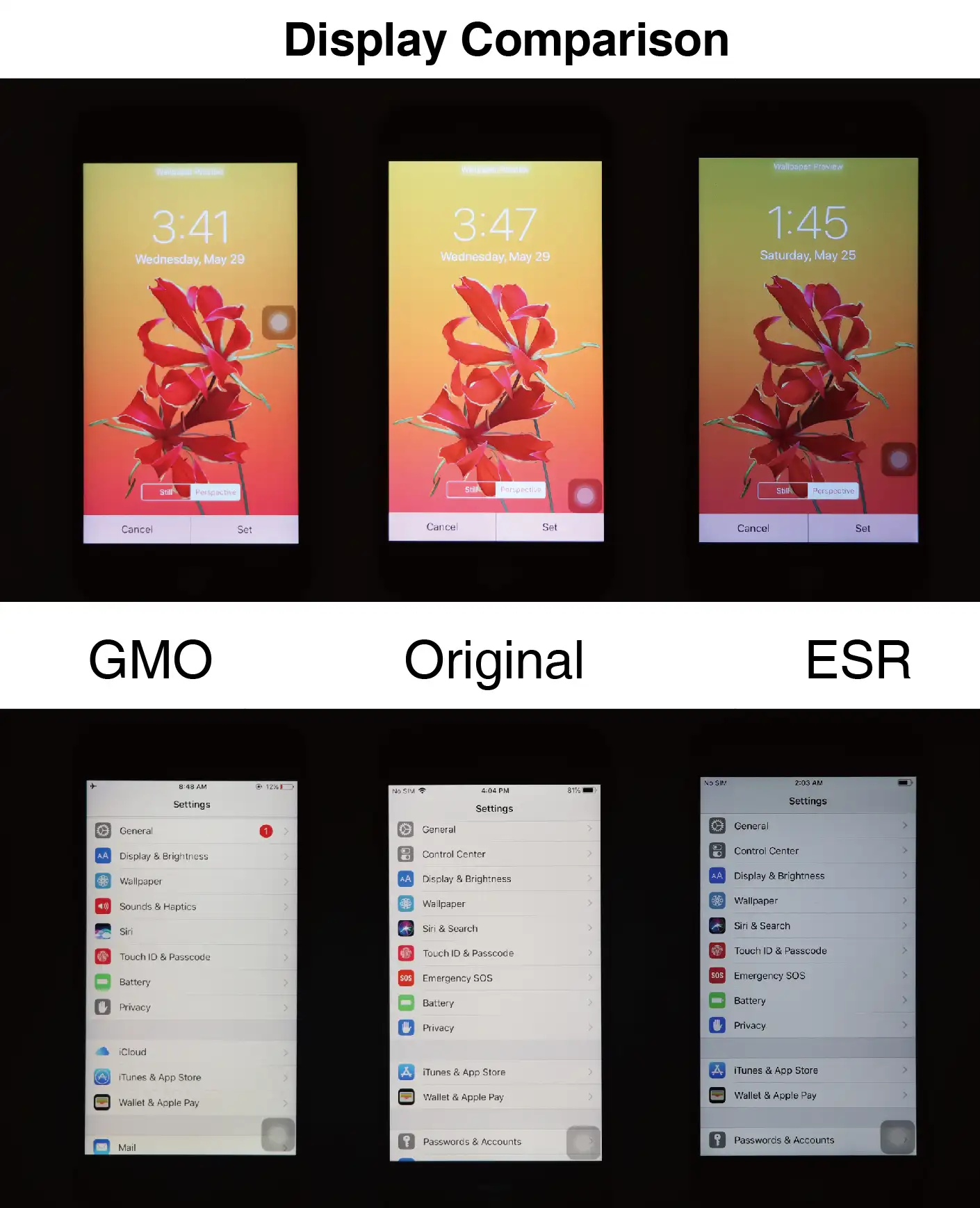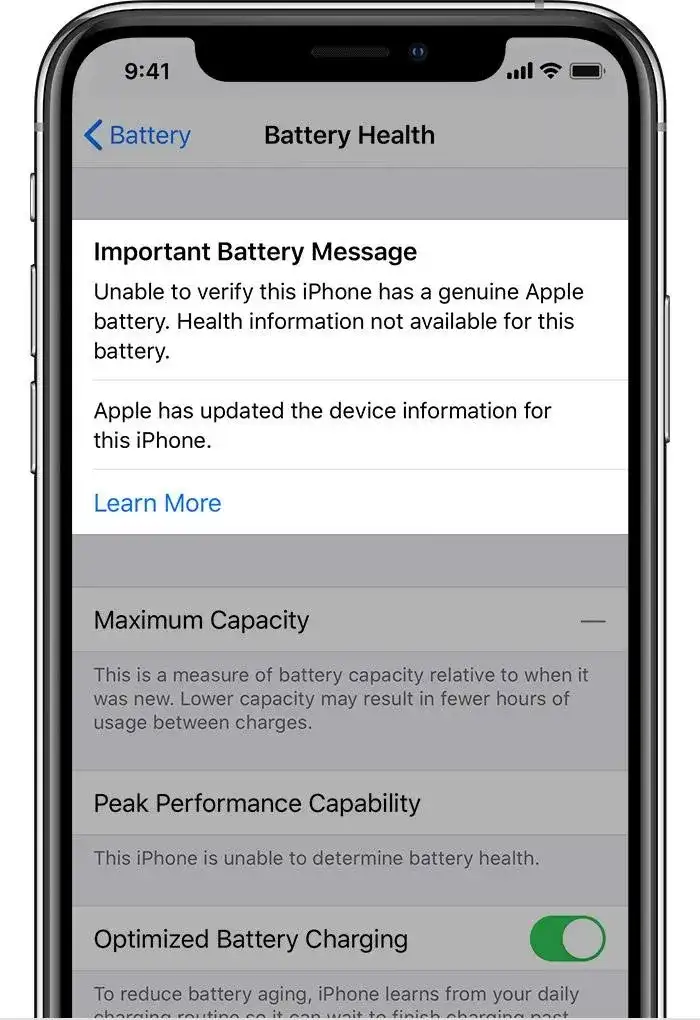An Apple Approved Independent Repair Provider has this to say..
Apple Approved Independent Repair Providers are relatively new still, so who are they?
How do they become certified?
-
Application Submission: Businesses apply by emailing a completed Independent Repair Provider Notification of Interest form to IRPapplicant@apple.com. The form requires details about the business, such as legal name, operational history, and verification credentials, to assess eligibility. Apple evaluates whether the organisation meets program requirements, including having an established repair business and a commercial walk-in service location (residential addresses are not acceptable).
-
Technician Certification: The business must commit to having at least one Apple-certified technician. Certification involves passing two online exams through Apple’s Authorised Testing Centre (ATLAS): the Apple Service Fundamentals Exam (SVC-19A) and the ACiT iOS Service Certification Exam (iOS-19A). Each exam has about 70 questions, requires an 80% pass rate, and takes approximately two hours. Exams are open-source but time-limited, covering repair techniques, safety, and Apple’s service standards. Certifications are product-specific (e.g., iOS or macOS) and must be renewed annually to stay current with new devices, such as those with M1 chips.
-
Program Requirements: Eligible businesses must focus on out-of-warranty repairs for iPhones and Macs (e.g., screen or battery replacements, Mac logic board repairs). They cannot be parts resellers, distributors, or use Apple trademarks in their branding unless they are compliant with Apple’s terms. Companies already authorised as Apple Resellers or Consultants are ineligible and directed to the Apple Authorised Service Provider program instead. Approved providers gain access to genuine Apple parts, tools, training, service guides, and diagnostics at the same cost as Apple Authorised Service Providers, but all resources must remain confidential.
-
Ongoing Compliance: Apple may inspect repair shops to ensure compliance, and Apple reserves the right to reject applications or terminate partnerships if requirements aren’t met.

Genuine is best.
Quality is key
And the battery?

Apple iPhone non-genuine battery warning.
To summarise: There are some big benefits to repairing an iPhone with genuine parts from an Apple Approved Independent Repair Provider
Here is AI’s opinion on whether or not to use genuine parts for iPhones.
Using genuine Apple parts to repair an iPhone is highly recommended for several compelling reasons. Authentic parts are engineered to meet Apple’s stringent quality, safety, and performance standards, ensuring seamless compatibility and optimal functionality, such as accurate display performance, reliable battery life, and secure software integration. Unlike counterfeit or third-party alternatives, genuine parts minimise risks like overheating, device malfunctions, or data security breaches, while preserving the iPhone’s warranty and resale value. Although genuine parts may be more expensive, they provide peace of mind by reducing the likelihood of costly future repairs or safety hazards, making them the best choice for maintaining an iPhone’s longevity and user experience.

Using genuine parts versus non-genuine parts, according to AI.
Well, AI certainly agrees there are real benefits to using genuine parts from an authorised company.
Hailsham Technology
Hailsham Technology is an Apple-approved independent Repair Provider. Stocking genuine Apple batteries and screens for repairs and replacements. If you would like a battery replacement or a screen replacement, please contact us.

